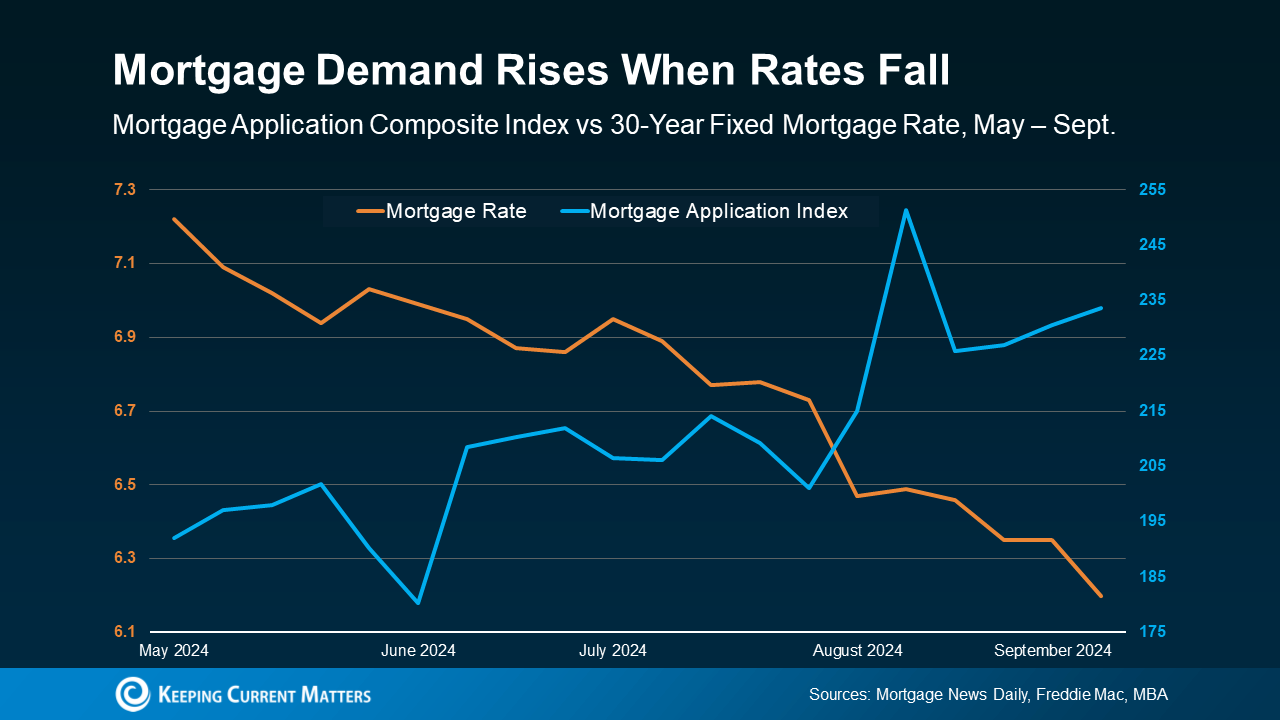As the days grow shorter and the temperatures drop, it's time to start thinking about winterizing your home. Preparing your home for the winter season not only helps you stay warm and cozy but also saves you money on energy bills. From sealing drafts to insulating your pipes, we've got you covered with a comprehensive guide on how to winterize your home. To make the process easier, we've also included a handy checklist to ensure you don't miss any important steps.
1. Seal Drafts
Drafts are a significant source of heat loss during the winter. They allow cold air to seep into your home and warm air to escape. Here's what you can do to seal drafts:
- Inspect doors and windows for gaps and use weather stripping to seal them.
- Apply caulk around windows, doors, and any other gaps in your home's exterior.
- Add door sweeps to the bottoms of exterior doors to prevent drafts.
2. Insulate Your Home
Proper insulation can make a world of difference in maintaining a warm and comfortable home during the winter. Focus on these key areas:
- Add or replace insulation in your attic. Insulating your attic can save you a significant amount on heating costs.
- Insulate crawl spaces and basements to prevent cold air from creeping in.
- Ensure your exterior walls are well-insulated. If not, consult a professional for help.
3. Service Your Heating System
A well-maintained heating system is essential for a warm home in winter. Don't wait until the first cold snap to discover your heating system isn't working correctly. Here's what to do:
- Schedule an annual maintenance check-up for your furnace or boiler to ensure it's working efficiently.
- Change the air filter on your heating system regularly (usually every 1-3 months).
- Consider installing a programmable thermostat to optimize your heating schedule.
4. Insulate Pipes
Frozen pipes can lead to costly water damage. To avoid this, insulate your pipes with these steps:
- Use foam pipe insulation to cover exposed pipes, especially those in unheated areas.
- Allow a small trickle of water to run through your faucets during extremely cold weather to prevent freezing.
5. Check Your Roof
Your roof is your first line of defense against winter weather. Make sure it's ready for the challenges of the season:
- Inspect your roof for damaged shingles or leaks and repair them.
- Clean out your gutters to prevent ice dams from forming.
- Trim any overhanging branches that could fall onto your roof during a snowstorm.
6. Prepare Emergency Supplies
In case of a winter storm or power outage, it's crucial to be prepared. Create an emergency kit that includes:
- Non-perishable food and water for at least 72 hours.
- Flashlights and extra batteries.
- Blankets and warm clothing.
- A portable phone charger.
7. Test Smoke and Carbon Monoxide Detectors
During the winter, we often use heating appliances more frequently, which increases the risk of fire hazards and carbon monoxide exposure. Ensure your safety by:
- Test your smoke and carbon monoxide detectors to make sure they are functioning correctly.
- Replace batteries in these detectors as needed.
Winterizing your home is a vital step in ensuring your comfort, safety, and energy savings during the colder months. By following the steps in this guide and using the provided checklist, you can make your home cozy and well-prepared for the challenges of winter. Take the time to complete these tasks, and you'll thank yourself when you're snug and warm inside as the winter winds blow outside.







 What This Means for You
What This Means for You